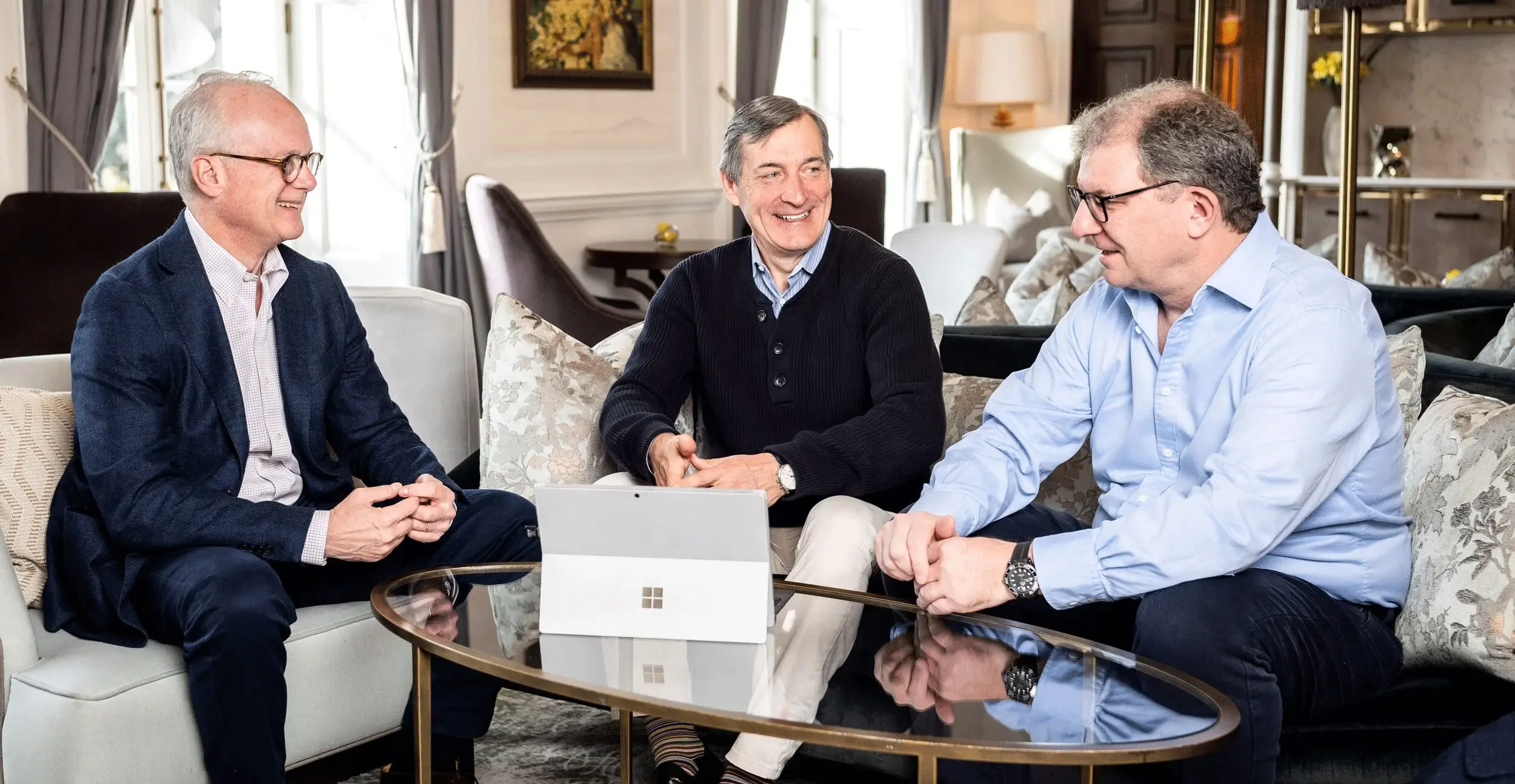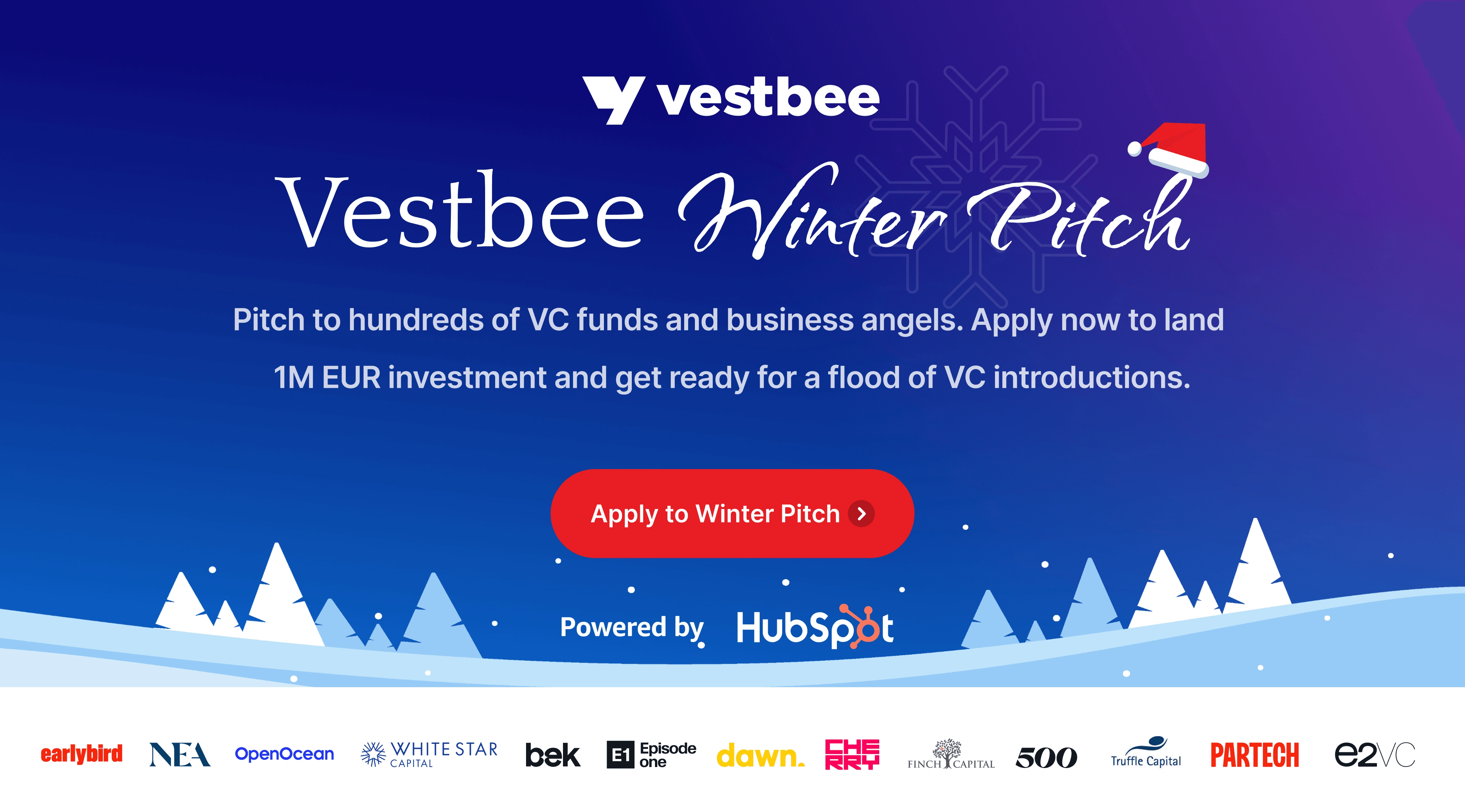SMOK Ventures is a US fund investing in early stage startups in the CEE region in software and gamedev sectors. SMOK’s founding partners are Paul Bragiel (US investor in 14 unicorns), Diana Koziarska and Borys Musielak (Warsaw-based entrepreneurs and community builders). SMOK has $35M under management across two funds. They invested in 31 startups from 9 CEE countries so far including Authologic, Vue Strorefront, HiPets, SmartHotel, Finmap or 57hours.
Fund Strategy Overview
Geography: Central & Eastern Europe, including CEE diaspora founders
Preferred industries: software development, game development, AI
Investment ticket: 100k - 500k EUR (initial ticket), up to 1M EUR in total
Company stage: pre-seed or seed
Product type: consumer (gamedev) or b2b (either saas or enterprise works)
Product stage: pre-MVP, or early traction post MVP
Revenues: not required
Q&A
What are the 5 main things you look for in a startup?
- founders with most of the traits described in point 3,
- market either big enough or growing fast enough to justify exit upside at fund return or higher,
- fits our investment thesis (stage, valuation, geo, industry)
That’s really it :)
What disqualifies a startup as your potential investment target?
If none of the co-founders can fundraise, they won’t be able to sell, either, so outside of some very product-focused startups that market via app stores (like game studios), it’s a no go for VC,
If the CTO is not as excited about the startup as the CEO, don’t invest,
Broken cap table (dead equity, too much equity owned by angel investors, advisors or a software agency in case of spin-offs), founders not committed 100% to the business, bad reputation, founders don’t think big enough.
What in your opinion differentiates the best founders from the rest?
- They want it more.
- They are more resilient.
- They learn faster than others.
- They attract other amazing people.
- They dream bigger.
What startups should take into account before making a deal with a VC fund?
Two things come to mind:
- Think very hard if you really want a VC onboard. Most founders will be better off with angel investors or bootstrapping with customers' money. Only a small percentage of companies should be taking VC money. But once you take VC onboard, there is no way back. You’ll either win big or go bust. There are really not many other options as investors will always push you to grow and won’t let you run a lifestyle business.
- Do your due diligence on the VC. Once you’ve made your decision to take a VC onboard, do your DD! Just like we do due diligence on founders, founders should do due diligence on their investors before deciding to accept them into their cap table and we’re happy to help by connecting to other founders in our portfolio for you to chat with.
What is your approach to startup valuation and preferable share in the company?
Our initial ticket size is between 100-500k EUR for pre-seed and 500k-1M USD for seed. Historically our average ticket size has been around 250k EUR, but now with a larger fund we’re planning to be doing more seed rounds than before. We’ve taken between 5% and 20% in initial investments. On average we’ve taken about 12% in the companies we invested in.
How do you support your portfolio companies?
We’re a hands-off investor who gets involved when called for by the founders. Our founders mostly appreciate our help in fundraising and connecting them to people in our network around the globe. We’re best connected to the tech ecosystems in Silicon Valley, Asia, Western Europe, that’s why 80% of money raised by our portfolio companies comes from those regions. So far we’ve helped our portfolio startups:
- raise capital from funds and business angels based in the US, Singapore, Japan, Scandinavia and London,
- get to Y Combinator (twice) by working together on the application and connecting to dozens of YC alumni to arrange fake interviews,
- connect with top founders and experts in their industries from all around the globe,
- hire top team members in CEE (product and engineering),
- add some of the most successful people in their industries globally as advisory board members and / or investors.
What are the best-performing companies in your portfolio?
Tough question as there are so many ways to measure performance, but I’ll give it a go, only taking into account our fund 1 investments (2019-2022):
- revenues: Sunroof
- GMV: Omnipack
- revenues vs team size: Gaminate
- reach: Exit Plan Games
- quickest to break even: inStreamly
- venture capital raised: Vue Storefront
- valuation multiple: HiPets
- pace of growth: Authologic
- social impact: Plan Be Eco
- most unique tech: MX Labs
- leanness / stubbornness aka the cockroach factor: Smart Hotel, Renderro, Heroify
I could go on and on!
What are your notable lessons learned from investments that didn’t work out as expected?
Really focus on founder dynamics. Way too many of our startups experienced co-founder issues. Some of those are natural, others we could have predicted if we looked deeper into their relationship before investing.
Make sure the founders really want it more than anything else. If I fund you and you fail to get to product-market-fit, but you try again, and fail again, and you try and fail till it's all lost, I'm gonna fund you again. But if I fund you and you quit the day the first problems arise, you gain zero respect and you'll never get my money again. And don't be surprised if other investors also pass. 90% of success as an early stage founder is your determination. Once you build your reputation as a quitter, it's very hard to recover. Choose carefully.
What are the hottest markets you currently look at as VC and where do you see the biggest hype?
Biggest hype: generative AI, obviously.
We look mostly at deals that we understand, i.e. where our partners and employees are most experienced with, such as software development tools and game development. Those investments make up around 50% of our portfolio.
However, we’re always ready to back exceptional founders from CEE and diaspora regardless of their industry.
In your view, what are the key trends that will shape the European VC scene in the coming years?
I really don’t know. I hope they become more like the US VCs–bolder. But I doubt that ever happens 🙂
Related Posts:
VC Of The Month - ZAKA (by Konrad Koncerewicz, Head of VC & Startups, Vestbee)
VC Of The Month - Orbit Capital (by Konrad Koncerewicz, Head of VC & Startups, Vestbee)
VC Of The Month - Flashpoint (by Konrad Koncerewicz, Head of VC & Startups, Vestbee)







